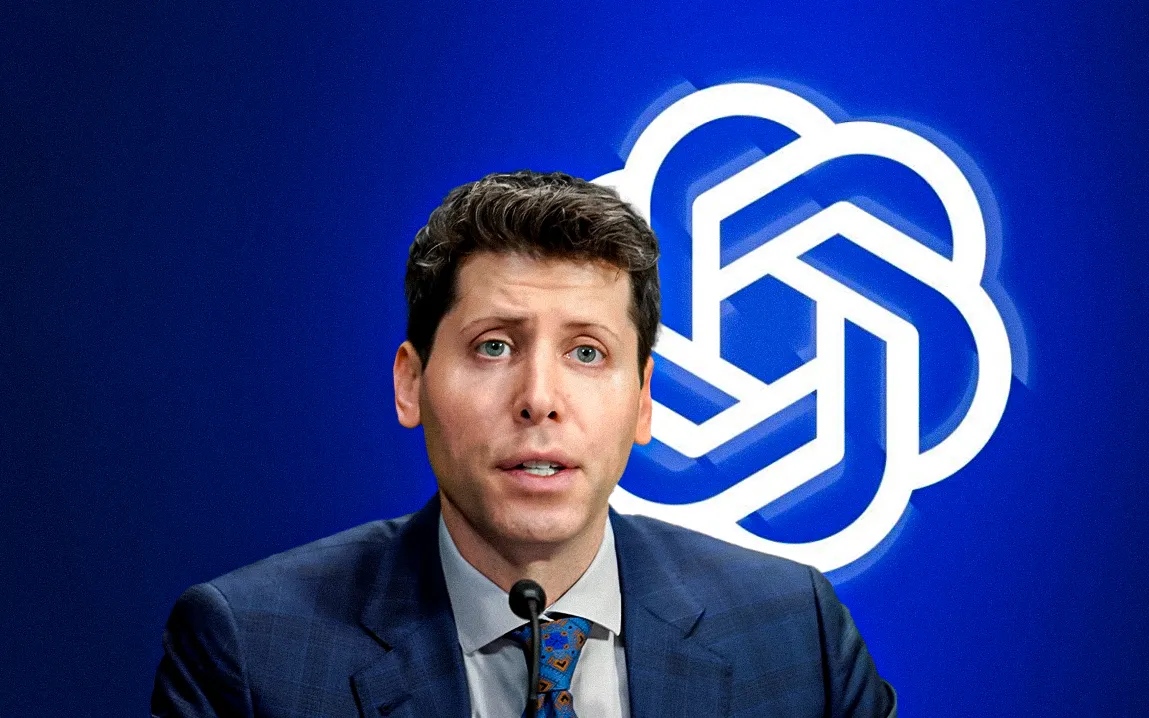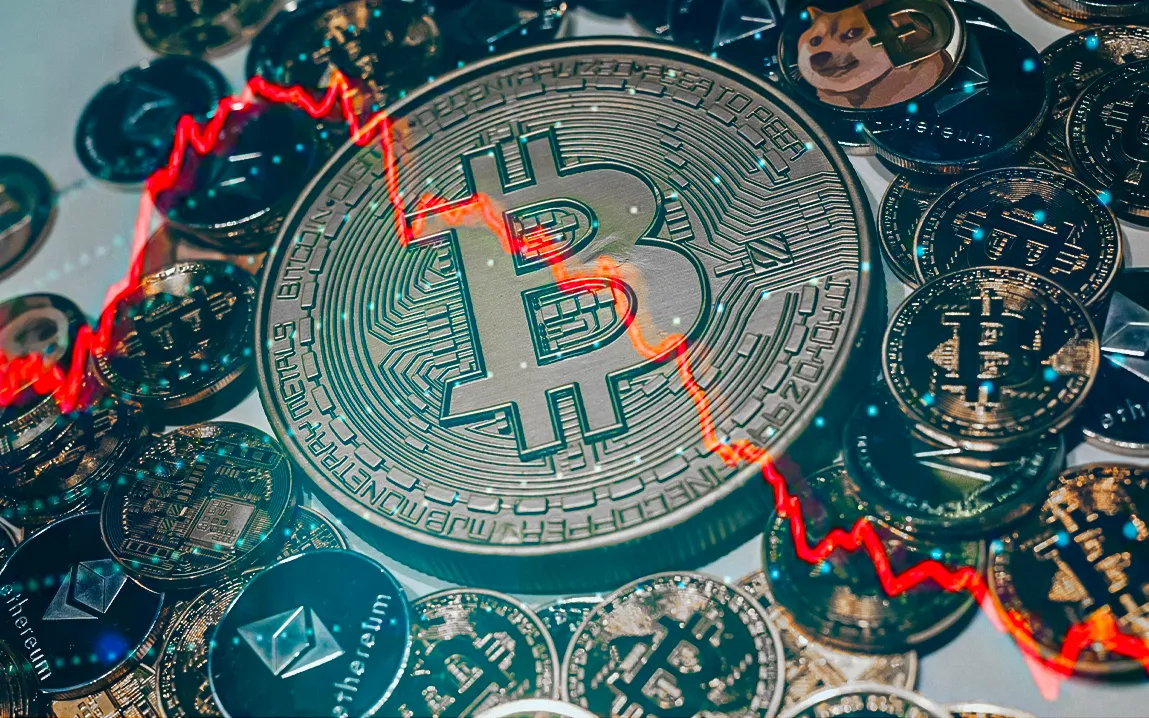OpenAI confirms its nonprofit arm will stay in control, even as it restructures to raise funds and grow faster in AI.
A New Chapter for OpenAI
OpenAI has made a big announcement. The company says it will stay under nonprofit control despite a major restructuring.
The plan is to turn its for-profit arm into a “public benefit corporation” (PBC). That means it can raise more money while sticking to its mission.
Sam Altman Makes It Clear
CEO Sam Altman cleared up any confusion about OpenAI’s future direction.
“OpenAI was founded as a non-profit, is today a non-profit that oversees and controls the for-profit, and going forward will remain a non-profit that oversees and controls the for-profit. That will not change.”
This statement was part of a blog post shared on Monday.
Why This Move Matters
AI development is expensive and fast-moving. OpenAI wants to raise more money to stay ahead of rivals like Google and Anthropic.
By changing its structure to a PBC, OpenAI can seek new investors while keeping its values intact.
The nonprofit will still have major control over decisions and hold shares in the new company.
Musk’s Lawsuit Stays on Track
This announcement comes after Elon Musk sued OpenAI earlier this year. He claimed the company strayed from its original mission.
Even with this new update, Musk’s lawyer says the case will move forward.
“Our lawsuit is about enforcing OpenAI’s founding agreement. This statement doesn’t change that.”
A jury trial is scheduled for March 2026.
Balancing Money and Mission
OpenAI is in talks to raise up to $40 billion. The funding could come from big names like SoftBank.
Reports suggest the company hopes to reach a $300 billion valuation.
Still, some experts wonder if nonprofit control might slow down its fundraising goals.
But OpenAI says keeping its mission safe is more important than chasing profits.
What’s Next?
This move by OpenAI might set an example for others in the tech world.
It shows a company can seek growth and funding while holding on to its values.
As AI becomes more powerful, who controls it—and how—will matter more than ever.



